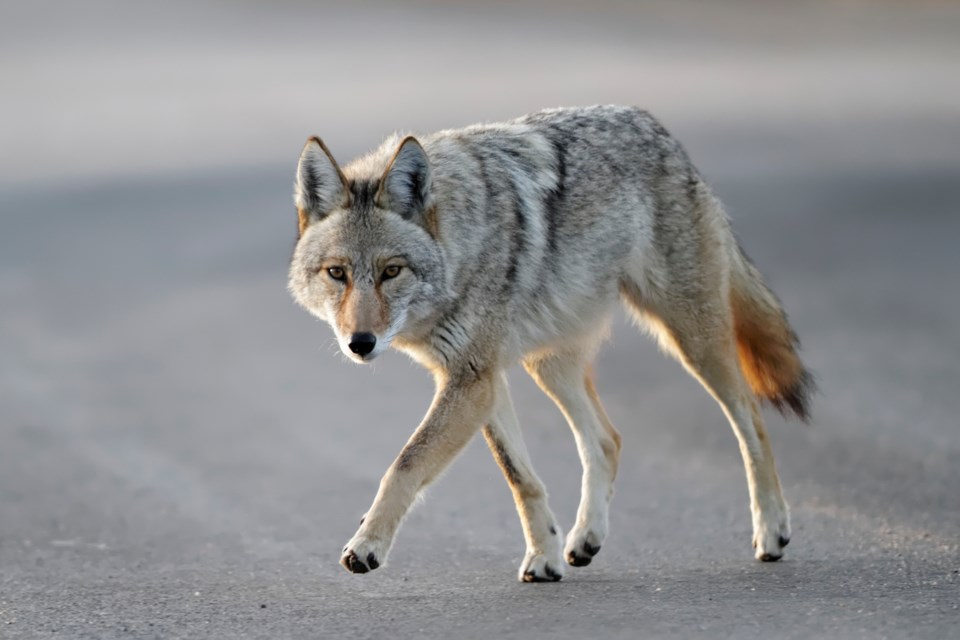The Ministry of Forests says trapping of coyotes in Stanley Park will start as soon as possible, possibly tonight (Sept. 7).
The Ministry of Forests, Lands, Natural Resource Operations and Rural Development (FLNRORD) says in order to keep the public safe it is moving forward with a plan to euthanize up to 35 coyotes as soon as possible. They're contracting the work to professional trappers licensed to catch the wild animals and that work may start at 7 p.m. Tuesday, Sept. 7.
"The contractors involved are licensed and trained trappers, who have permitted authority under the Wildlife Act to undertake the work," the ministry states in a press release. "Traps will be monitored so that licensed trappers and a designated provincial Wildlife Officer can attend and humanly euthanize the animal rapidly."
The ministry expects the trapping program in the park to last two weeks. At that point, they will monitor the situation.
Since late 2020 there have been at least 45 attacks by coyotes on humans, with five children being attacked. The ministry states the situation is "completely unacceptable."
"The decision to lethally remove the coyotes was not the Province’s first choice, and only comes after considerable effort into finding other alternatives to prevent the incidents," the ministry states. "The goal of all parties moving forward is to manage the coyote population so that lethal means are not required."
The decision to kill the coyotes is in part due to the fact they're human-habituated. Recently B.C. conservation officers were able to catch and ultimately kill a coyote by shaking a box of food; the coyote came to within a meter of the officers. In another incident, a large male was attacked, which officials say shows the lack of fear the coyotes have to humans (coyotes stand around a half meter and large ones weigh around 21 kg, significantly smaller than a large adult male human).
The fact they're food-conditioned and human-habituated also creates issues for relocation, states the ministry.
Officials have stated the situation is in part due to people feeding the coyotes living in the park. While the culling of the coyotes is a short-term plan, the ministry says long-term plans will at least in part focus on humans.
"These long-term plans will include working to implement strategies addressing human behaviour as well as the availability of food and garbage," it states.
Ideally, the ministry states, a long-term solution will "'reset' the part environment for a sustainable coexistence with coyotes."



